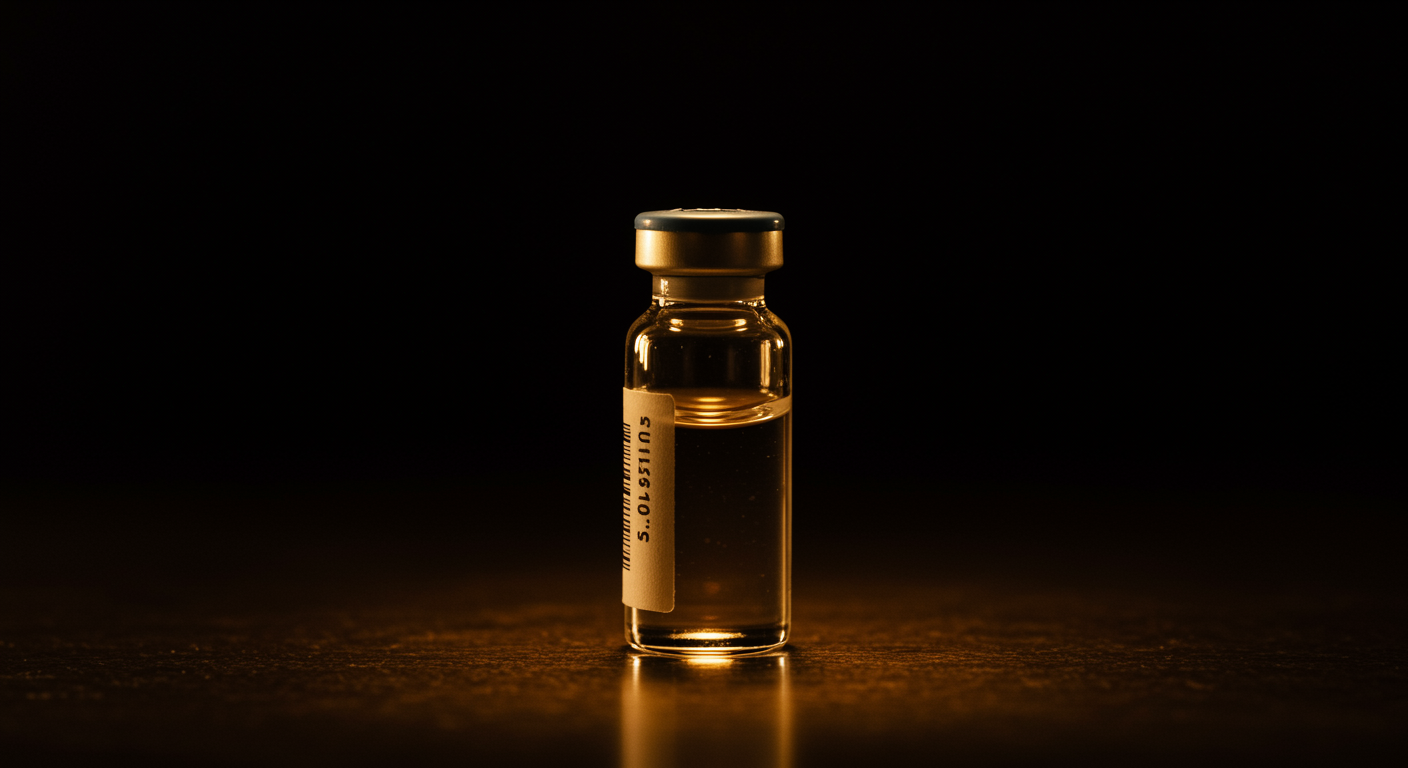How Did a Struggling Country Surgeon Become the Discoverer of Insulin?
Frederick Banting transformed from a failing rural doctor earning $4 daily to the Nobel Prize-winning discoverer of insulin through a combination of desperate circumstances, midnight inspiration, and unwavering determination to help dying children. His journey from poverty to medical immortality demonstrates how breakthrough discoveries often emerge from unexpected sources when brilliant minds confront human suffering with relentless persistence.
Dr. Kumar’s Take
Banting’s story embodies everything I admire about medical discovery - it wasn’t institutional prestige or abundant resources that led to insulin, but a struggling surgeon’s refusal to accept that children had to die from diabetes. His midnight inspiration came from genuine anguish over a patient he couldn’t save, and his decision to give away the patent for $1 reflected the moral clarity that should guide all medical research. Banting proves that the most important medical advances often come from those who remember that medicine exists to serve suffering humanity, not to generate profits.
Key Findings
Banting’s path to insulin discovery was marked by failure, persistence, and moral conviction. Born on a small Ontario farm, he struggled through school with undiagnosed dyslexia, barely passed medical school, and saw his surgical practice fail within months of opening. His breakthrough came during preparation for a teaching lecture on the pancreas, when he read about pancreatic duct blockage and conceived the idea that would save millions of lives.
The key insight - that tying off pancreatic ducts would allow digestive tissue to degenerate while preserving insulin-producing cells - came to him at 2 AM on October 31, 1920. This single moment of inspiration, born from his anguish over watching diabetic children die, launched the research that would transform diabetes from fatal to manageable.
Brief Summary
Frederick Grant Banting (1891-1941) was a Canadian physician whose discovery of insulin treatment revolutionized diabetes care and saved millions of lives. Born into a farming family, he overcame learning difficulties and financial hardship to become a surgeon, though his practice initially failed. His insulin research began in 1921 with Charles Best in J.J.R. MacLeod’s Toronto laboratory, leading to the first successful human treatment in 1922. Banting received the Nobel Prize in 1923 and gave away his patent rights to ensure insulin remained affordable.
Study Design
This biographical analysis synthesized historical documents, personal correspondence, laboratory notebooks, and contemporary accounts to reconstruct Banting’s life and scientific contributions. Researchers examined his early struggles, the circumstances leading to his insulin insight, the collaborative research process, and his later career and tragic death. The study evaluated both his scientific achievements and his moral convictions about medical research serving humanity.
Results You Can Use
Banting’s story demonstrates that medical breakthroughs often emerge from unexpected sources when brilliant minds confront human suffering with determination. His success resulted from combining clinical observation, scientific insight, collaborative teamwork, and moral conviction. His decision to give away insulin’s patent established a precedent that life-saving medications should serve humanity rather than generate profits, providing a moral framework for evaluating modern pharmaceutical practices.
Why This Matters For Health And Performance
Understanding Banting’s complete story - including his struggles, failures, and moral convictions - provides perspective on how medical advances actually develop and what values should guide healthcare innovation. His example demonstrates that the most important discoveries often come from those who maintain focus on patient welfare rather than personal gain, offering guidance for current debates about pharmaceutical pricing and medical research priorities.
How to Apply These Findings in Daily Life
- Recognize that medical breakthroughs often come from unexpected sources and circumstances
- Appreciate that failure and struggle can precede great achievements
- Understand that moral conviction played a crucial role in insulin’s development
- Support research approaches that prioritize patient welfare over profit maximization
- Learn about the complete stories behind medical treatments you depend on
- Advocate for policies that honor the original intent of medical discoveries
- Remember that persistence in the face of failure can lead to transformative outcomes
Limitations To Keep In Mind
Historical biographical analysis relies on available documents and may not capture all aspects of Banting’s personality and motivations. Some accounts may be influenced by the heroic narrative that developed after his success, potentially oversimplifying the complex collaborative nature of insulin discovery. Additionally, evaluating historical figures requires understanding the different social and scientific contexts of their era.
Related Studies
- The Internal Secretion of the Pancreas
- The History of the Nobel Prize for Insulin Discovery
- The Multiple Lives of Marjorie: Dogs and Insulin Discovery
- Insulin in America: A Right or a Privilege?
- Episode 24: The Discovery of Insulin
FAQs
What was Banting’s background before discovering insulin?
Banting grew up on a farm, struggled with dyslexia through school, served as a battlefield surgeon in World War I, and had a failing medical practice in London, Ontario. He was teaching part-time anatomy to make ends meet when he had his insulin insight.
Why did Banting give away the insulin patent for just $1?
Banting believed that life-saving medications should belong to humanity, not generate profits from desperate patients. He had watched children die from diabetes and couldn’t stomach the idea of making money from their suffering.
How did Banting die?
Banting died in a plane crash in Newfoundland in 1941 while on a military mission during World War II. He was 49 years old and still actively involved in medical research and military service.
Conclusion
Frederick Banting’s journey from struggling country surgeon to Nobel laureate demonstrates that the most important medical discoveries often emerge from those who combine scientific insight with moral conviction and genuine concern for human suffering. His decision to give insulin to the world for $1 established a standard of medical ethics that we should strive to restore in our current healthcare system. Banting’s legacy reminds us that medicine’s highest calling is serving humanity, not generating profits.


